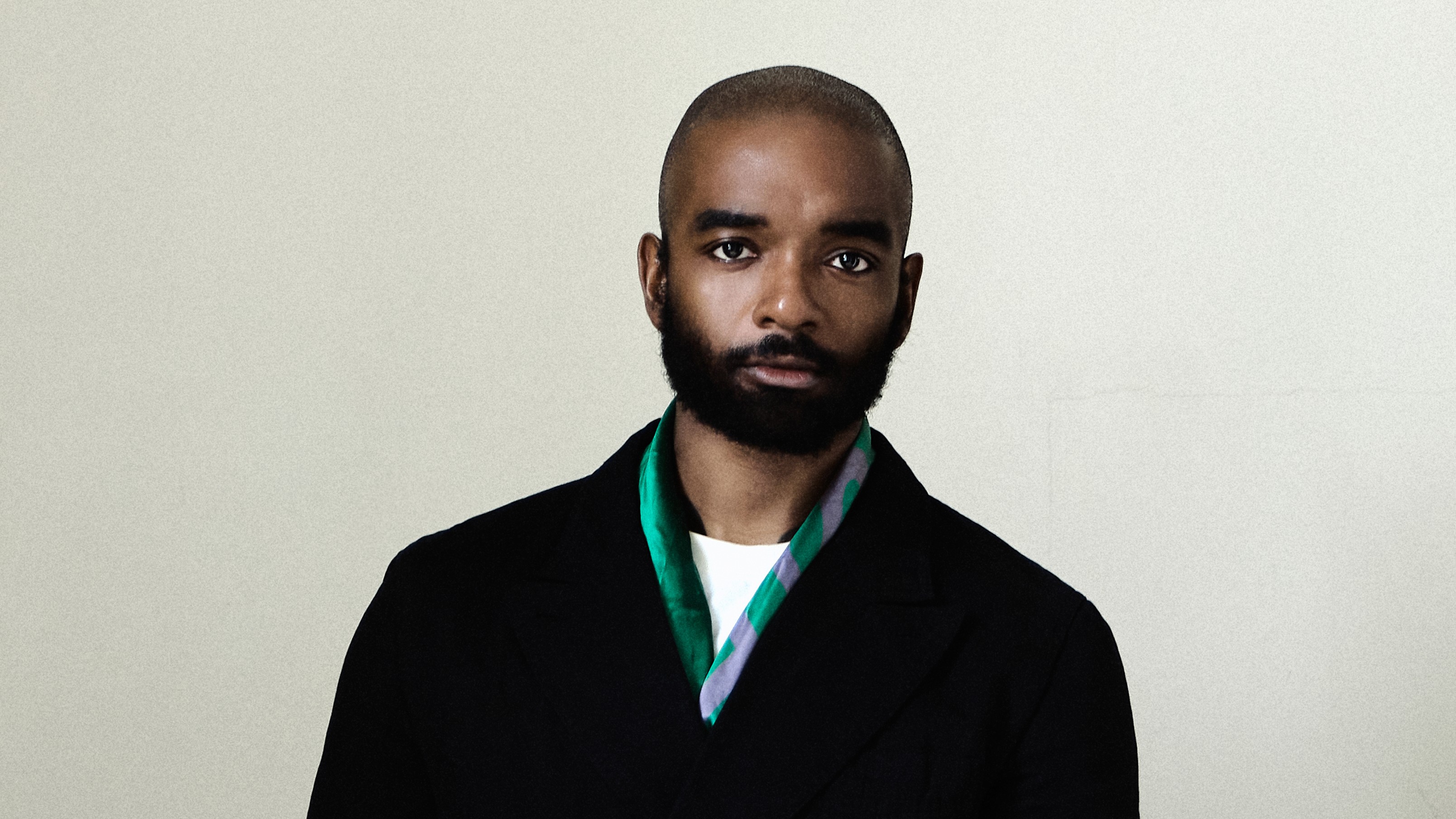‘Designers are far more than just producers of commercial goods’: Samuel Ross on the London Design Biennale
The artistic director of the major event and founder of A-COLD-WALL* discusses the role of a designer and the future of the sector in an exclusive interview

Receive our daily digest of inspiration, escapism and design stories from around the world direct to your inbox.
You are now subscribed
Your newsletter sign-up was successful
Want to add more newsletters?
As a design polymath – working across fashion, industrial design and architecture, through his two firms A-COLD-WALL* and SR_A SR_A – Dr Samuel Ross MBE is well placed to reflect on the potential of a designer in today’s society. And through his role as artistic director of the 2025 London Design Biennale, on show at Somerset House this June, the 34-year-old British creative has brought that perspective to life through curation.
For Ross, a designer should, or at least can, play an important public-facing role – through community action at the local level, nurturing new talents and ‘teaching the next generation’ or speaking out about just causes – and a design biennale offers the opportunity to talk about ‘what the sector should mean’.
This year's London Design Biennale brings together 35 contributors – countries, individuals, organisations and more – responding to Ross’s theme of ‘Surface Reflections’, which he describes as ‘an invitation to introspectively look at what we all have to offer with our unique allegories, context and histories… but it's also the connective tissue that we're all here together.
Exhibits on show include an exploration of how Chile’s landscapes and communities have been impacted by mineral extraction, an installation reflecting on storage and what we choose to value in changing societies, and a series of wooden panels representing the unequal politics of waiting.
‘I would hope that [the biennale] is a prompt for designers to feel empowered that they can speak and still move society,’ says Ross, who was appointed Member of the Order of the British Empire (MBE) in 2023. ‘It's less about the veneer of aesthetics, it's more so the quality of thought and enabling new ideas and perspectives to be platformed,’ he says. ‘The theme is inherently supposed to equalise who gets to speak and partake in design.’
Ross believes the role of the designer has become ‘partly immobile’ over the past decade with the expansion of digitisation, and urges a return to ‘the importance of the sector outside of consumption patterns. Designers are far more than just producers of commercial goods.’
‘We need to see designers bear a sense of risk in their messaging of what they stand for and what their personal values are,’ he continues. ‘It’s very worrying if we just assume the role of a designer is to shield themselves behind a good salary and a middle-class living. That’s disappointing and far beneath what we know this sector has delivered historically – and what it's capable of.’
Receive our daily digest of inspiration, escapism and design stories from around the world direct to your inbox.
Rather than a part of the contemporary service industry, Ross would like to see designers identify as an active part of civic society. And he is not just talking the talk: in 2020, Ross founded the Black British Artist Grants programme, which supports artists and designers of colour through funding and connections to cultural institutions. ‘Design needs to be a more dynamic and diverse sector,’ says Ross. ‘We know that already. The sector can be deemed as unapproachable by those who don't come from liberal arts or the applied arts.’
The experience of curating the London Design Biennale, explains Ross, has taught him ‘to step out the way and let others have their opportunity to speak and showcase their perspectives’. He hopes that the exhibits on show ‘personify what the sector can look like in the future’ and ‘signal that there is plasticity in what falls under the umbrella of design’, leading to more people feeling that design is relevant to them and their lives.
As for what he wants from the future of the design industry? ‘I would like to see the risk, danger and adventure that enamoured me to join this industry return – from all generations who partake in it. Because I love this industry and this sector. I deeply care, and I'm sure I'm not the only individual who feels this way. But I feel it's an obligation to speak what is felt, as an artist and designer.’
The London Design Biennale runs from 5th-29th June at Somerset House.
Francesca Perry is a London-based writer and editor covering design and culture. She has written for the Financial Times, CNN, The New York Times and Wired. She is the former editor of ICON magazine and a former editor at The Guardian.